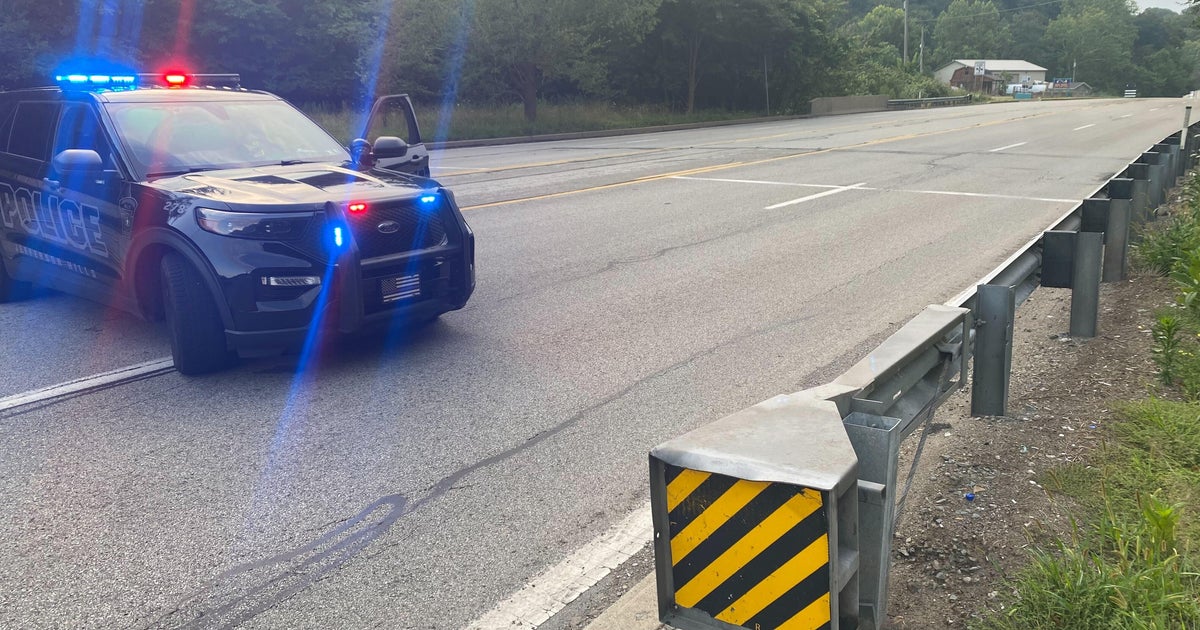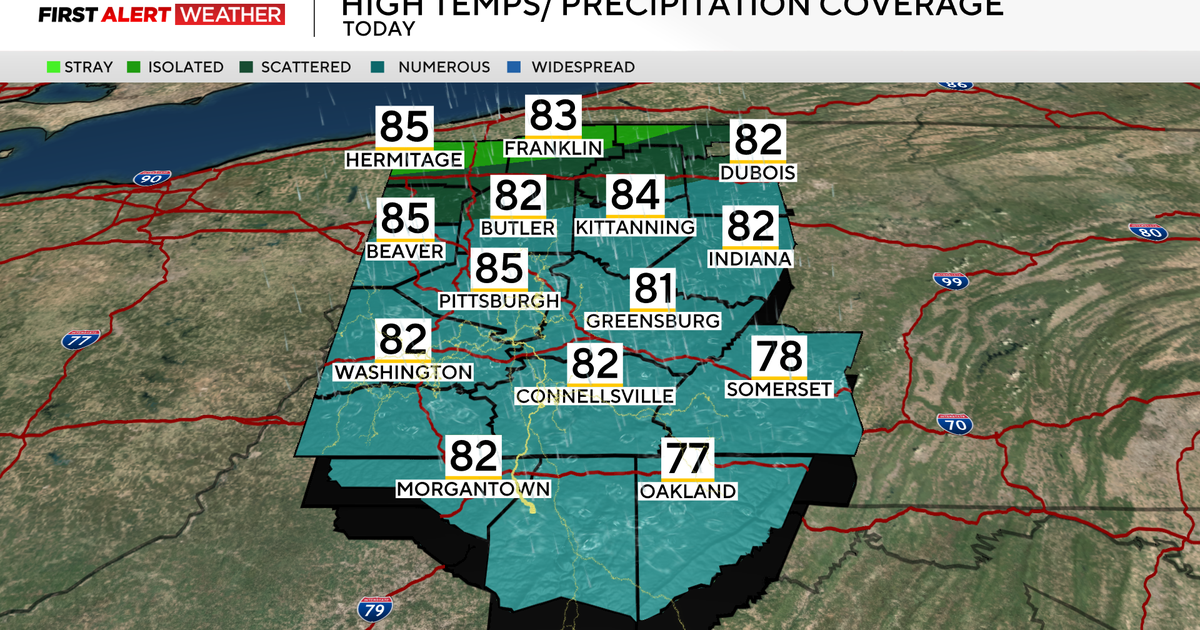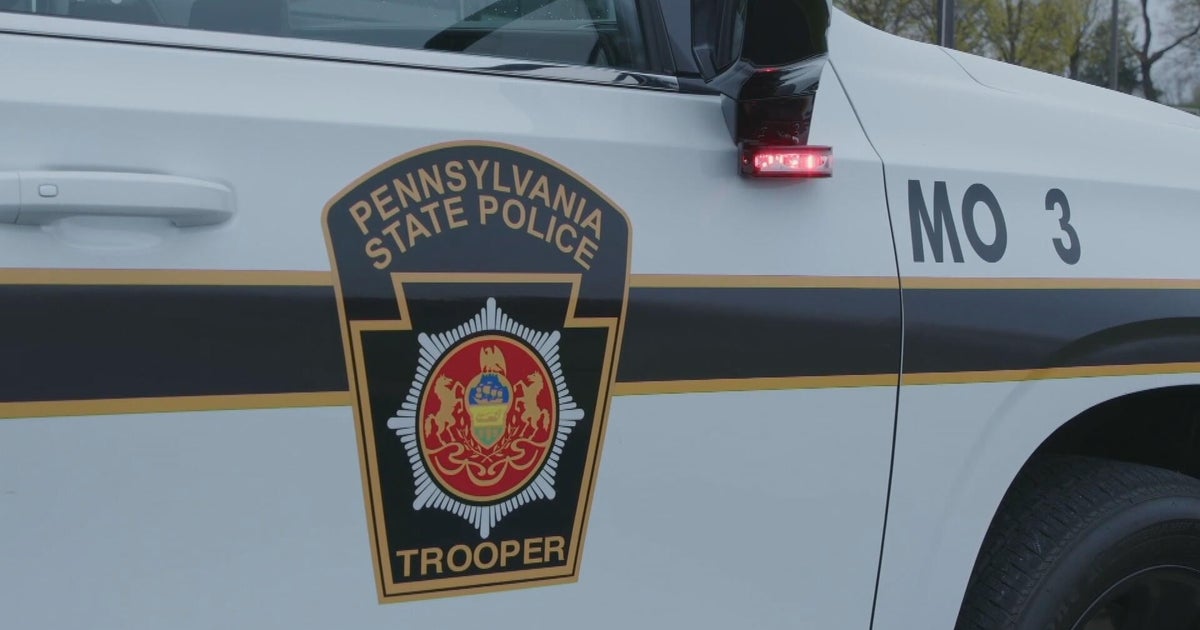Consultant: PWSA System Worst Of Its Size In The U.S.
Follow KDKA-TV: Facebook | Twitter
STRIP DISTRICT (KDKA) -- A new report on the status of the Pittsburgh Water and Sewer Authority finds that the PWSA is in worse shape than previously thought.
KDKA has been telling you for years now that the PWSA is in bad shape, but according to a consultant's report, we didn't tell you just how bad.
"Some of this is going to be startling to you," Steve Steckler with the Infrastructure Management Group said. "Some of it's going to be a little scary."
In his presentation to a Blue Ribbon panel aimed at fixing the PWSA, the consultant called the aging system the worst of any of its size in the country. It's been understaffed and underfunded for so long that half of its treated water is leaking from its pipes.
"I would characterize the PWSA as one of the largest irrigation systems in the country," Steckler said. "It produces roughly 23 billion gallons a year in drinkable water. More than 50 percent of that ends up in the ground."
Facilities like the water treatment plant are badly out of date, expertise is lacking, and there's no preventative maintenance, only band-aids on a system that's hemorrhaging.
"The maintenance staff, despite their best efforts, were constantly chasing breaks and making repairs because that's all they had time to do," Steckler said.
Internally, there are other problems. Twenty percent of the employees are out on short-term disability, compared to just 5 percent in most systems.
"It could stem from either an ineffective safety program where 20 percent of the workforce gets hurt and goes on disability," Steckler said, "or because of a long-standing culture that accepts that type of behavior."
The panel must decide if it will improve the system internally, hire an outside management company or sell or lease it to private hands. In any event, the price tag will be astronomical.
"We are talking about billions of dollars here," Steckler said.
Sobering news for the panel, which must decide how to pay for it. Unfortunately at this point, the only one on the hook is the city rate payer. The good news is that the overhaul will be implemented over a long time period.
"It will be decades before all of these problems are solved," panel member Jared Cohen said. "Rate increases over decades can make a real difference."
After kicking the can down the road for decades, the time has come to address these problems. But just where that money will come from is the multi-billion dollar question.



